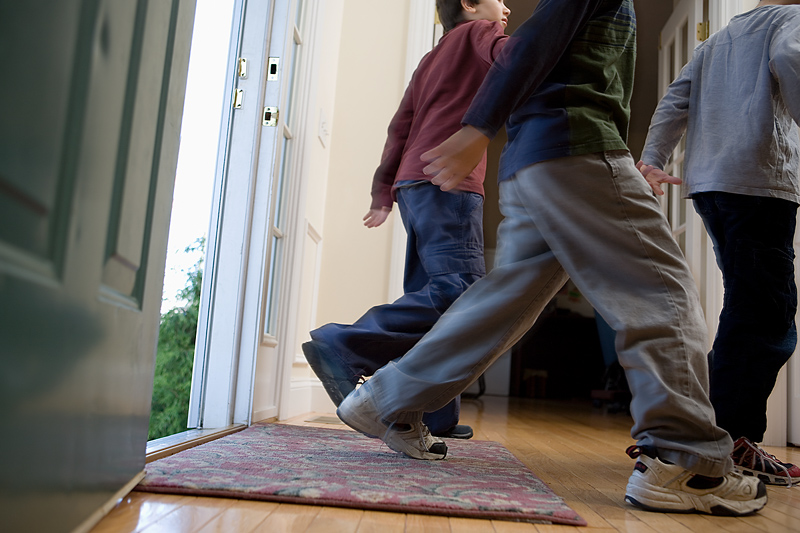A federal report shows Maine is finding more child abuse and neglect than most other states, but not necessarily keeping children any safer.
Earlier this month, the independent watchdog monitoring Maine’s child welfare agency went before the legislature’s government oversight committee and admitted frustration. In recent years, she has repeatedly identified the same problems with the agency’s approach to child protection investigations, she said, yet little has changed.
“I don’t enjoy, you know, essentially writing the same report every year,” Maine Child Welfare Ombudsman Christine Alberi said on Jan 10, presenting her latest annual report. “The practice issues the department is struggling with continue to be the same.”
The problems identified in the report included a cascading list of failures at the Department of Health and Human Services’ child welfare office: failure to conduct sufficient investigations, failure to recognize risks to children, failure to monitor safety plans, failure to identify neglect, failure to interview witnesses, failure to conduct drug screens, failure to file paperwork on time — or at all.
It also described problems with the office’s software system, a shortage of attorneys to represent parents and a lack of support services for families.
The report highlighted several cases in which allegations were not investigated quickly or thoroughly enough, children remained in unsafe situations after investigations, or children were placed in unsafe environments after removal.
“I’ve sat here on this committee for four years,” said Sen. Jeff Timberlake (R-Androscoggin), the government oversight committee’s ranking Republican senator. “Everything the department has come forward and asked for, we have given, whether it was money or time.”
Timberlake asked Alberi what she thought was preventing the department from improving its training and practices.
“I wish I knew for sure,” Alberi said. “Lack of people to do the training and lack of time.”
The discussion at the hearing seemed focused on the idea that Maine needs to grow its child protection system, that it needs more workers and more training to remove more children from unsafe environments.
But a new federal report published earlier this month shows Maine is already reporting, investigating and finding abuse and neglect at a higher rate than most states, yet not necessarily keeping them any safer.
The latest child maltreatment report from the federal Department of Health and Human Services, which covers 2023, aligns with previous federal reporting that showed Maine is moving against national trends, investigating more families and removing more children while child protective agencies in nearly all other states are moving in the opposite direction.
The most recent federal foster care data showed that the national foster care population fell 15 percent between 2018 and 2022. In Maine, it rose nearly 40 percent over that same period. Last year, Maine had more children in state custody than at any other time in the last 20 years.
The new federal report bolsters some advocates’ argument that Maine is failing to keep kids safe not because it is investigating too few families but because it is investigating too many, and failing to identify the true threats in the deluge of cases.
“I talked to policymakers, and they’re like, ‘Okay, we’ve added 100 case workers, and we’ve thrown all this money at the agency. Why are kids still dying?’” said Melissa Hackett, policy associate at the Maine Children’s Alliance. “It’s because we’re flooding the system.”
“If you’re flooding it, you’re going to end up with families being involved that maybe didn’t need to, and you might miss other families that do need to,” Hackett said. “So it’s about getting really laser-focused on the right size role for the agency.”
The concept of taking in fewer cases is often called “narrowing the front door,” including with exemptions that acknowledge poverty is different from neglect. This argument was absent from the hearing at the statehouse, as was the fact that recent data shows Maine is moving in the opposite direction of most states.
Alberi told The Monitor reducing the number of investigations makes her “very, very uneasy.”
“The more important thing is to just make the correct decisions with the data you have at the time,” Alberi said, “not cut off the fire hose.”





